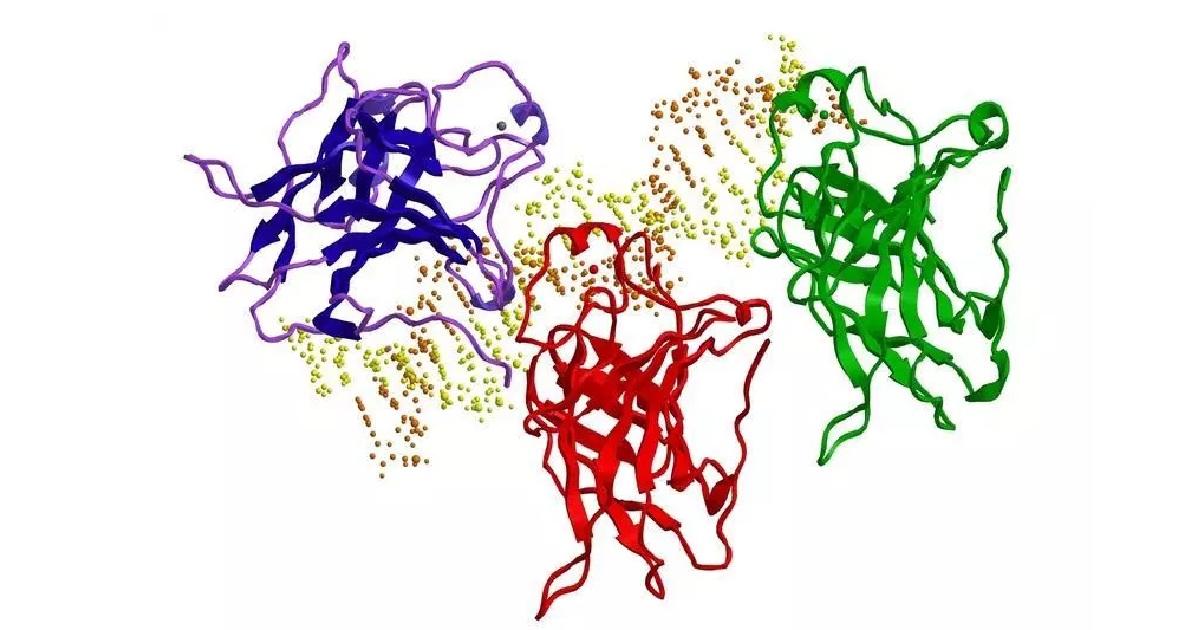Tapeworm Drug Could Be an Effective Treatment for Certain Cancers
Biopsace.com | February 19, 2019

Could a drug used to treat tapeworms be effective at treating a type of cancer? Researchers in Singapore think they are on the right track in demonstrating just that. Scientists from A*STAR’s Institute of Molecular and Cell Biology (IMCB) recently discovered that the use of niclosamide, which is on the World Health Organization’s list of essential medicines, can effectively kill p53-defective cancer cells. This discovery means that the anti-parasitic medicine has the potential to increase the specificity for cancer targeting and sparing normal cells that carry wildtype p53, either the natural of non-mutated form, Singapore’s Agency for Science, Technology, and Research reported on Friday. These findings were published in leading scientific journal Nature Communications, the government agency said.
The drug, which was first discovered in the 1950s, has been of interest to researchers across the globe for some time due to its potential as a cancer-fighting medication. Over the past five or so years, there have been a number of articles published about the medicine’s potential as an inhibitor of various cancer pathways. In 2015, the medication showed potential in treating methicillin-resistant Staphylococcus aureus (MRSA) cultures in a laboratory setting. Regarding the most recent work in Singapore, mutations of the p53 gene in the human body is one of the most common occurrences found in cancer cells and is present in over 50 percent of cancers. The p53 gene is a tumor suppressor gene that inhibits the growth of tumors, and if this gene is mutated, cancer cells are able to thrive, the government agency said.